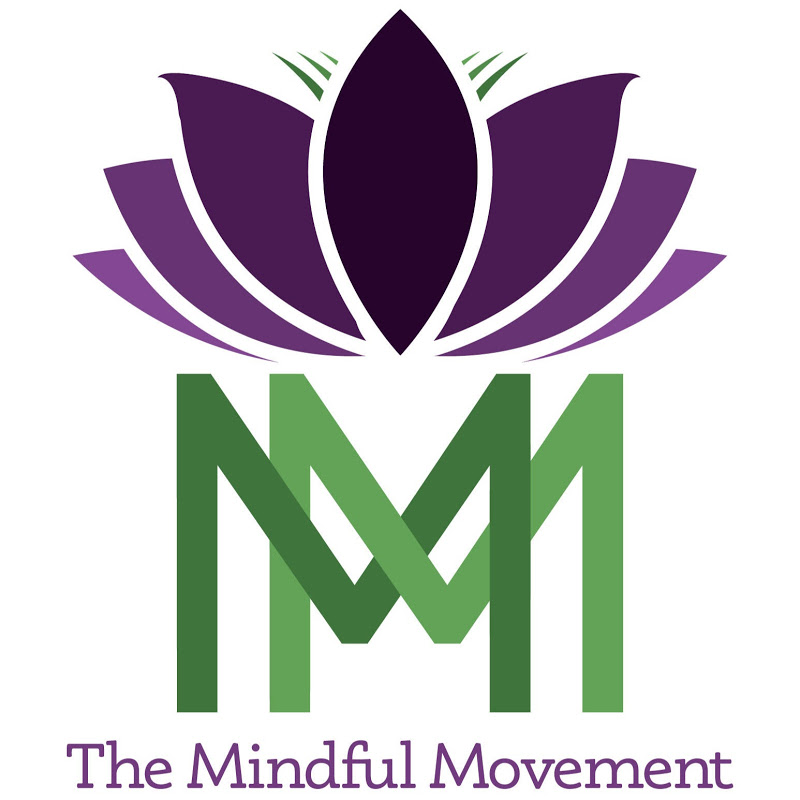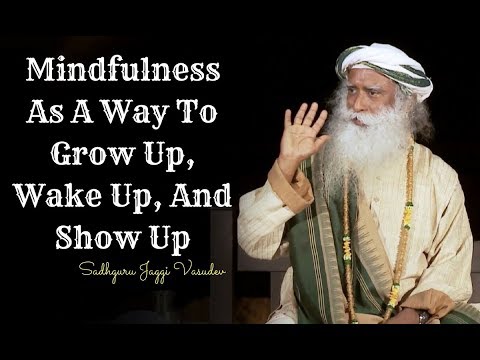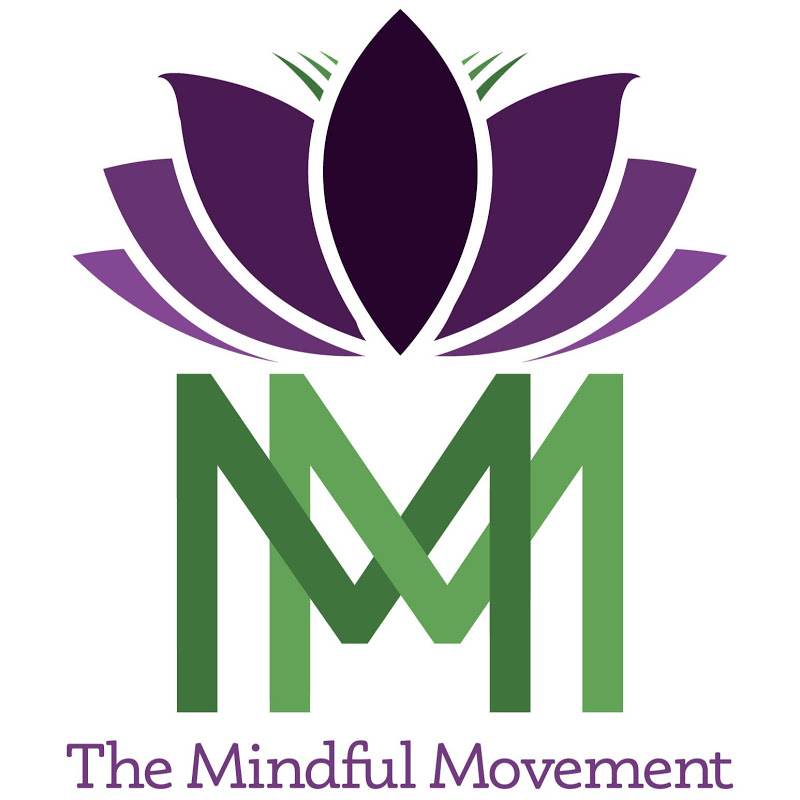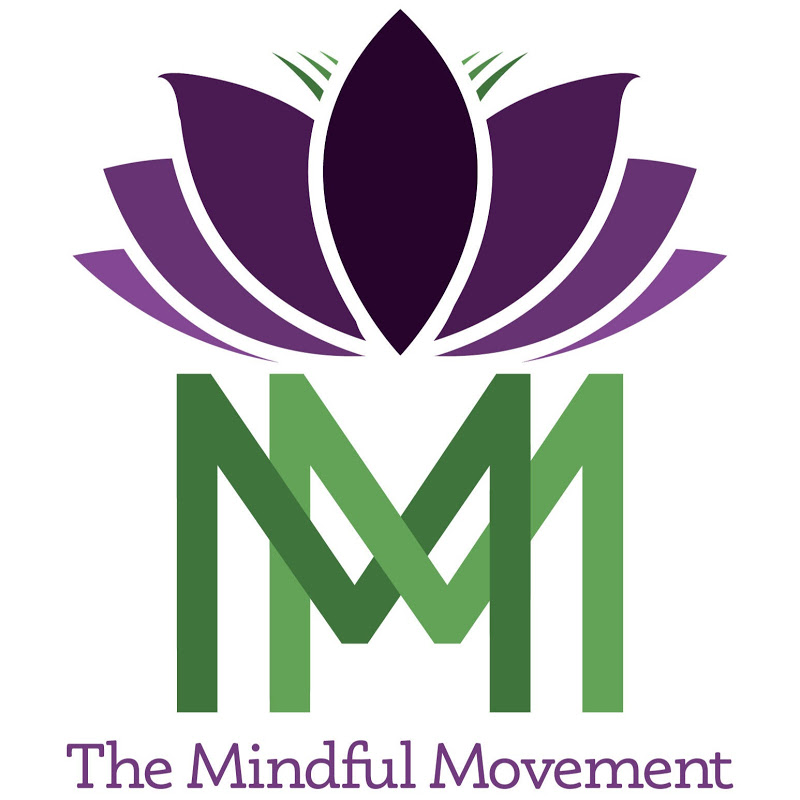How to use mindfulness
14 Day Free Trial:
Spin the Karma Wheel and Like, Share or Comment on the video 🙂
Top 5 ways to become Mindful: How to use mindfulness in everyday life: Mindfulness Explained: Day 3
How to become Mindful: How to use mindfulness in everyday life: Mindfulness Explained: 5 ways to become mindful
Mindfulness is “the intentional, accepting and non-judgemental focus of one’s attention on the emotions, thoughts and sensations occurring in the present moment”,[1] which can be trained by meditational practice derived from Buddhist anapanasati.
The term “mindfulness” is derived from the Pali-term sati, “mindfulness”, which is an essential element of Buddhist practice, including vipassana, satipaṭṭhāna and anapanasati. It has been popularized in the West by Jon Kabat-Zinn with his mindfulness-based stress reduction (MBSR) program. Mindfulness is also an attribute of consciousness long believed to promote well-being.
Clinical psychology and psychiatry since the 1970s have developed a number of therapeutic applications based on mindfulness for helping people who are experiencing a variety of psychological conditions. Mindfulness practice is being employed in psychology to alleviate a variety of mental and physical conditions, including obsessive-compulsive disorder, anxiety, and in the prevention of relapse in depression and drug addiction. It has gained worldwide popularity as a distinctive method to handle Five-Aggregate Model of the Mind has been recently proposed as a theoretical resource that could guide mindfulness interventions. This model is an ancient model of the mind that comprehensively describes moment-to-moment changes that happen in subjective conscious experience.
Clinical studies have documented the physical and mental health benefits of mindfulness in general, and MBSR in based on MBSR and similar models have been widely adapted in schools, prisons, hospitals, veterans centers, and other environments.
indfulness can help you in your day-to-day life, work, relationships and overall wellbeing.
Wellbeing and stress relief
Being mindful may allow you to focus on and appreciate what you have instead of taking things for granted. The awareness and feeling of gratitude may help you feel renewed.
Without being mindful, you may simply react to negative thoughts and feelings. Practising mindfulness may help you to become more aware of your thoughts and feelings, and manage them in a positive way. Taking control of your thoughts and feelings can help reduce stress and anxiety.
Relationships
Being mindful may help enhance relationships. In a busy life, you may get distracted during interactions with close friends and family and take them for granted. But if you take stock of the importance of these relationships to you, you are likely to give your loved ones more attention.
Work
Being mindful at work is to focus on one task at a time instead of multitasking. This makes it more likely that you can perform a task well.
Health
Research suggests that mindfulness may help people cope with long-term health issues such as cancer, pain and depression.
hen am I not mindful?
Many people have routines in their daily lives, such as waking up and going to work or school. If you are doing something familiar in customary surroundings, you may tend to operate on autopilot and not notice what’s actually going on. For instance, you might eat a whole packet of chips in front of the TV without actually noticing the taste.
Some people spend a lot of time thinking about the past or worrying about the future. Being too caught up in your thoughts may even make it hard to fall asleep at night.
: yoga | meditation| meditación| 冥想 | mindfulness | 正念 | Achtsamkeit | atención plena| guided meditation| mindfulness meditation | yoga nidra | vipassana meditation | meditation techniques| meditation for beginners| mindfulness exercises| benefits of meditation| how to do meditation| mindfulness training | buddhist meditation | mindful meditation|
Day 2: Top 5 ways to become Mindful:How to use mindfulness in everyday life:Mindfulness Explained
0 views
Date: December 5, 2017
Related videos







